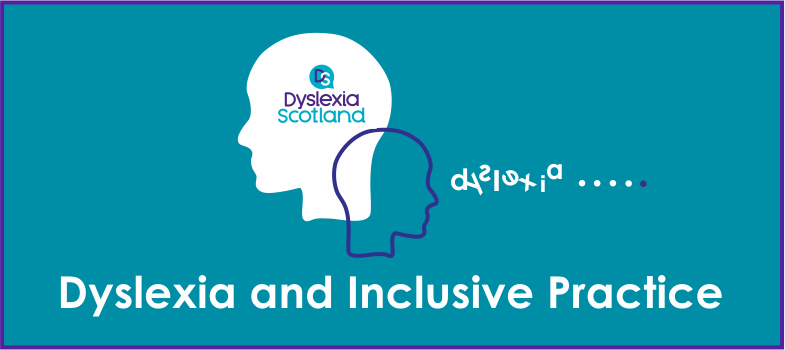1.5 Wellbeing development and the identification of dyslexia
Modules 1 and 2 highlighted the negative link between dyslexia, low self-esteem and anxiety.
It is common for everyone at some point to experiences low feelings, anxiety and stress. However when this is ongoing and has an impact on someone’s ability to do things then it can become a bigger problem. Some people whose dyslexia has not been recognised may have feelings that cause them emotional and physical distress.
Activity 9
Match the correct reactions that people may experience to the feeling
Two lists follow, match one item from the first with one item from the second. Each item can only be matched once. There are 6 items in each list.
Confusion
Anger
Negativity
Anxiety
Hopelessness
Depression
Match each of the previous list items with an item from the following list:
a.About their mixture of abilities. They don’t fully understand dyslexia and why they experience difficulties. They believe that they are ‘stupid’
b.They feel their efforts make no difference and it is only luck if they succeed. Self-esteem is low and they always predict the worst. They feel that others judge them negatively and compare themselves less favourably with peers and siblings.
c.‘Why should I bother?’ thoughts, possibly leading to giving up.
d.Their experience of failure leads them to think they will fail again.
e.Anger turns itself inwards. People may feel alone because they are not understood. Some people may isolate themselves because of their low self-esteem and feelings of not being ‘good enough’. Switching off and giving up leads to further negative thinking.
f.From frustration that they, and others, do not understand dyslexia.
- 1 = a,
- 2 = f,
- 3 = b,
- 4 = d,
- 5 = c,
- 6 = e
Dyscalculia Definition
